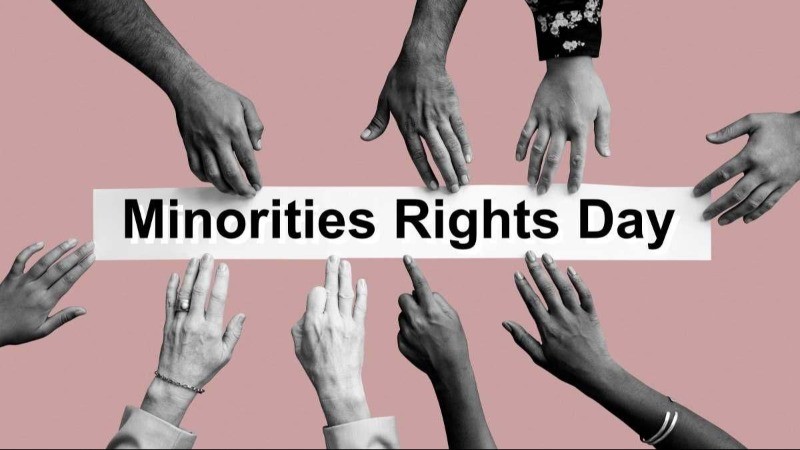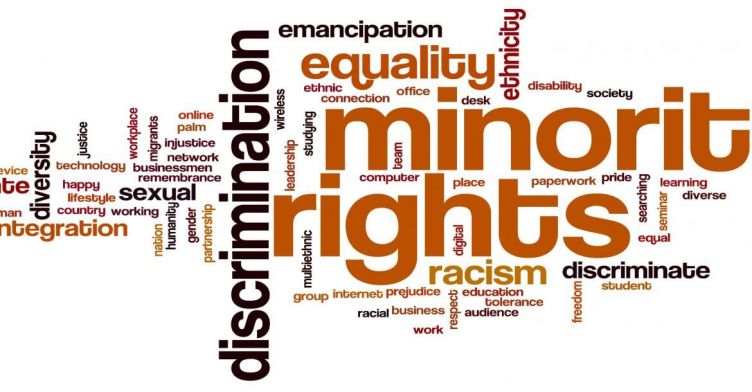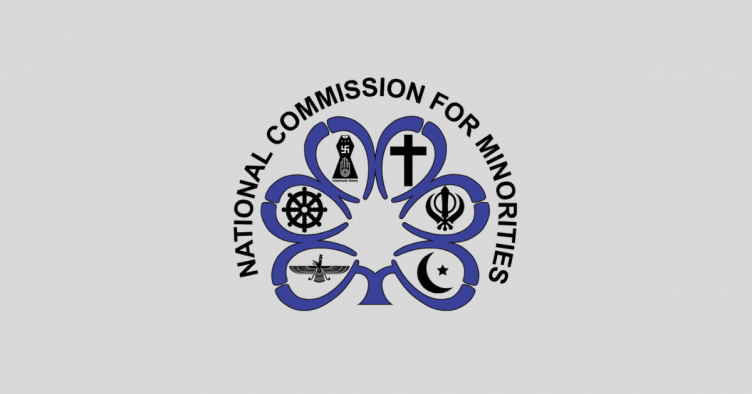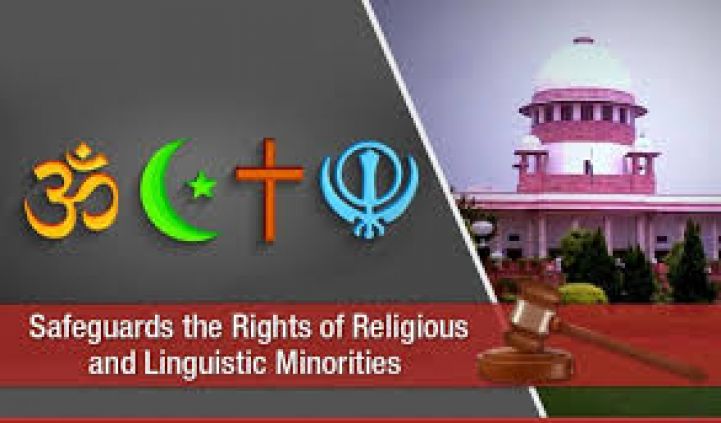
The concluding Lok Sabha session yesterday didn’t turn out fine. Seems like Amit Shah’s remarks didn’t go well with the opposition. They are protesting outside the house with the slogans Jai Bhim. Ever since, the matter is boiling hot and has spurred debate. The opposition claims that he insulted Dr. B.R Ambedkar as well as the Constitution. Well, the Winter session will continue further, let’s see how far the debate goes outside the house.
Avoiding it, we shall focus on today’s Minority Rights day, the history behind it and what significance it holds. But first we will start with -
Who is a minority?

The United Nations Human Rights Office of the High Commissioner definition quotes as –
“An ethnic, religious or linguistic minority is any group of persons which constitutes less than half of the population in the entire territory of a State whose members share common characteristics of culture, religion or language, or a combination of any of these.”
In simple words, it is a community that is numerically less (lower than half of the total population, as mentioned above) and is socially, politically and economically inferior to the other groups living in a territory. However, there is no agreed definition accepted universally. There are various objective and subjective factors to it.
History of the day –
The National Minorities rights day is celebrated every year on December 18. It observes the adoption of the UN declaration on the Rights of persons belonging to National or Ethnic, religious, and linguistic minorities in 1992. The declaration entitles: All individuals from the minority groups to freely practice their religion, embrace and enjoy their culture and speak the language of one’s own without any discrimination. It has shaped the global take on the minority issue and a major move in the International laws for human rights.
India celebrates the day to acknowledge the contributions of minorities to the society, to raise awareness and promote their rights while actively work towards their protection and empowerment ahead. There is no compilation to adhere to the declaration, but India has always championed for the rights of the minorities since the formation of the Constitution and has taken steps forward for the betterment of the downtrodden.
India’s steps taken after -

After the 1992 declaration, India established the National Commission for Minorities (NCW) under the National Commission for Minorities Act. The primary motive of which is protecting and safeguarding the rights of the minorities guaranteed by the Constitution and established by law. The State commissions have also been set up to solve the grievances reaching out to the ground level.
Back then, five religious communities were termed minorities – Muslims, Sikhs, Buddhists, Christians and Zoroastrians (Parsis). Later on, a sixth community was also added. The Jains were recognized as minorities on 27th January 2014. The OBCs are not considered a minority, they are a socially and educationally backward class under the law.
The Ministry of Minority Affairs was established on 29th January 2006. It was separated from the Ministry of Social Justice and Empowerment.
The Minority rights guaranteed by Constitution of India-

[Article 29(1)]: right of ‘any section of the citizens’ to ‘conserve’ its ‘distinct language, script or culture’.
ii. [Article 29(2)]: restriction on denial of admission to any citizen, to any educational institution maintained or aided by the State, ‘on grounds only of religion, race, caste, language or any of them’.
iii. [Article 30(1)]: right of all Religious and Linguistic Minorities to establish and administer educational institutions of their choice.
iv. [Article30 (2)]: freedom of Minority-managed educational institutions from discrimination in the matter of receiving aid from the State.
v. [Article 347]: special provision relating to the language spoken by a section of the population of any State.
vi. [Article 350 A]: provision for facilities for instruction in mother-tongue at primary stage.
vii. [Article 350 B]: provision for a Special Officer for Linguistic Minorities and his duties; and viii. Sikh community’s right of ‘wearing and carrying of kirpans; [Explanation 1 below Article 25]
The Article 14 and 15 is meant for every citizen of India.
Significance of the day –
The day is only meant to recognize and value the contributions of minorities, make others aware of their rights and promote their interests forward. The Constitutionally established rights and those enforced under the law is what the Government shall work for. Although, it is the yearlong efforts that make the difference. It is about making them feel as the innate part of the country – socially, culturally, religiously, ethnically and linguistically. Ensuring that they too have what every other citizen has.
2024 theme –
This year’s theme is: “Promoting diversity and protecting rights”.
Every year, India is progressing towards a better tomorrow. Let’s make sure it is of equality, freedom and happiness for all. A day alone will never be enough, it is the consistent efforts that will make the whole difference. And it is not the responsibility of the State alone, rather every citizen…so that someone around you isn’t deprived of education, isn’t deprived of the nationality everyone is part of and isn’t free to practice what he is born into. A harmonious coexistence shall be the ultimate goal for all.